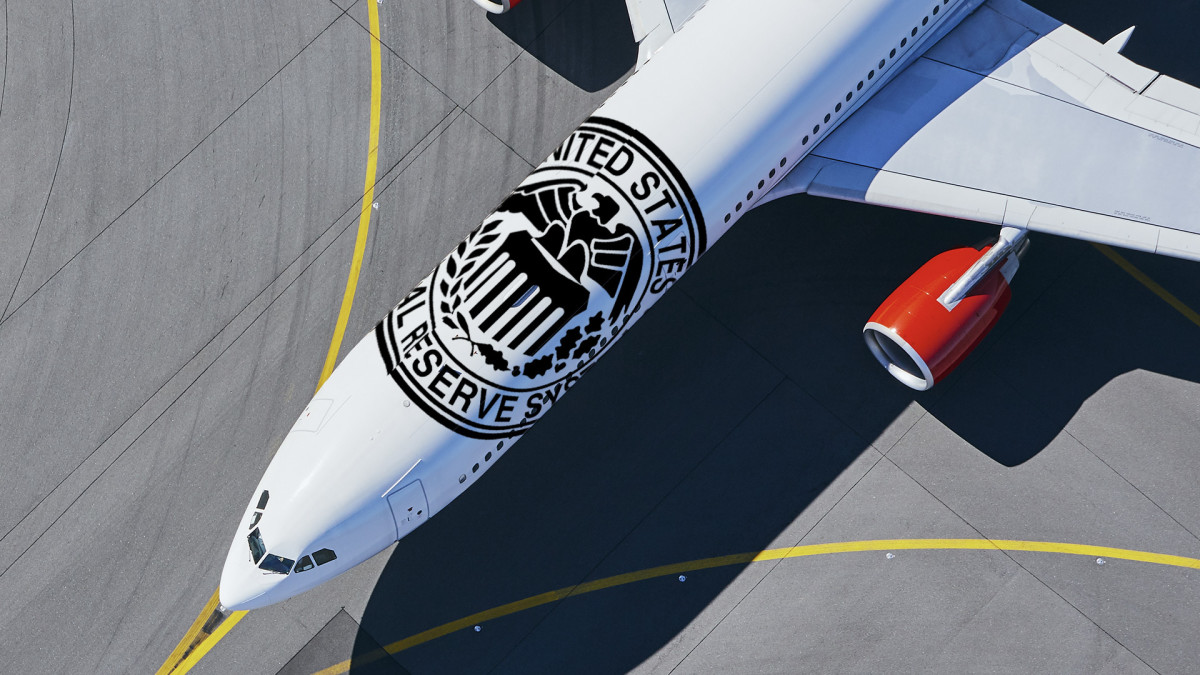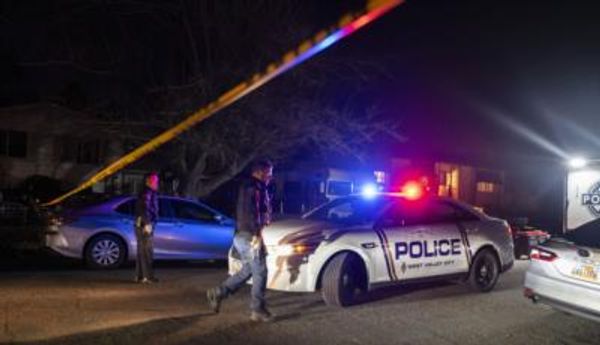
Since the end of July, the drumbeat about impending recessions has grown louder and louder. Oil prices topped $90 barrel. Interest rates moved to levels last seen in 2007. And in that time frame, the Dow, S&P 500 and Nasdaq Composite each has fallen about 6%.
Real estate markets seem to be in disarray. The great flood of new office buildings built just before the Covid-19 panic hit are suffering huge vacancies, threatening developers and banks. Home sales are depressed. The IPO market has been nearly dead.
Related: Bond-market meltdown: What's happening, what it means and why you should care
So, horrible things are about to happen, right? Bloomberg News recently offered an estimable analysis of the question and concluded a true recession is likely and coming soon.
I see the same numbers and agree the numbers don't look rosy. But the problem is the numbers don't really say how bad a recession might be.
It could be horrific like in 2008-2009. Or not.
When will a recession hit? Economists are not great at accurately predicting when a recession might erupt. So, if you hear someone talk about recession coming, feel free to ask these question: Big one or little one and when?
Recessions and big recessions
I have lived through eight recessions. Some I barely noticed. Like the 1970 pullback and the 1989-90 recession, which came after the 1987 market crash and the Iraq Invasion of Kuwait.
The dot.com bust led to the 2001 recession, which was not much of an event at first. Technically, the National Bureau of Economic Research says it lasted eight months. But it became something no one could ever forget because of the 9/11 terror attacks in 2001.
And it took the Standard & Poor's 500 Index (^IN) -) two years to get back to pre-9/11 levels.
Several recessions were true economic snorters, but you didn't expect them to be.
The 1973-75 slump lasted 16 months, partly due to existing inflation pressures and higher interest rates. The catalyst that made things far worse was the 1973 Yom Kippur War between Israel and Arab nations. It led to the first Arab oil embargo and, finally, gasoline shortages.
The recessions of 1980-81 and 1982 were really one event. Oil prices shot up again, and then-Federal Reserve Chairman Paul Volcker pushed interest rates sky high to get inflation out of the economy. A 30-year mortgage might cost you 18.9% in the fall of 1981. Few buyers accepted those terms. Stocks plunged, and Jimmy Carter lost the 1980 election to Ronald Reagan.
The 2008-09 recession, for me, was the big one.
There was one problem well understood. Crude oil hit $145 a barrel, pushing gasoline prices in much of the United States well above $4 a gallon.
Auto sales, even Toyota's, slumped. Toyota (TM) -) halted construction of a Corolla factory in Tupelo, Miss., for nearly 18 months.
The survival of Ford Motor Co. (F) -), General Motors (GM) -) and Chrysler seemed doubtful at best. GM and Chrysler (now part of Stellantis (STLA) -)) were forced into bankruptcy protection and reorganized.
The huge problem area that so many missed
But few people recognized or understood the far bigger problem in housing and the banking system. Mortgages had been made with tiny down payments and often with little if any lender care in judging if a buyer really could handle the payments. Lenders or investors found themselves with loans that had seriously gone south.
And yet I remember one prominent economist opining on television that housing wasn't as important to the economy any more.
The economist and I weren't seeing the same thing.
Eighteen months earlier, I'd began to notice homebuilders near my house putting up signs that offered buyers free upgrades (hard-wood floors, higher-quality appliances, better carpet). That suggested the builders were having troubles making sales.
My hunch was right. New-home sales nationally peaked at 1.28 million units in 2005, according to the Commerce Department. By 2010, the number had fallen to 323,000.
The real estate crash killed homebuilders' businesses, causing people to lose their homes. Two major Wall Street banks and small savings and loans all failed. Microsoft (MSFT) -) shares fell 55%. Apple (AAPL) -) shares dropped 61%, even though both had solid balance sheets.
It even undid major pieces of the global banking system.
People saw that things were crazy but didn't connect the dots to answer the questions: "How deep?" and "How long?"
In time, the economy recovered, though scars remain. Apple has become the most valuable U.S.-based company. Microsoft is second.
But the pandemic, pressures on global growth, political polarization in the United States and elsewhere are weighing on everyone's minds. And, try as investors, journalists, pundits and eminent financiers might, they can't see everything.
So, let's go back to Bloomberg's analysis. Here are the six forces they're worried about:
The possibility of a soft landing. That is, the Fed believes its tightening will result in a nice graceful slowdown. Bloomberg believes that's the talk that arrives just before a real recession. I'd like to say readers and the Fed that life is not an Excel spreadsheet.
Job losses. Bloomberg's team thinks the Fed is underestimating the threats to jobs overall in the current economy and the current interest-rate environment. Tech layoffs hitting Silicon Valley and elsewhere are more than a thing.
The effects of the rate hikes to date are only hitting now. The Fed has raised its key interest from up to 5.25% to 5.5% from nearly 0 since early 2022. It is true that Fed decisions on rates, up or down, take time to filter through to the economy. The rule of thumb is about 18 months.
More shocks coming to the system. Oil prices, high interest rates and the effect of people being forced to resume paying off their education loans are on the horizon. Oil prices are the wild card because they affect consumer pocketbooks and psyches. And oil prices are the most political commodity in the world. Watch what happens between Israel and the Palestinians.
Huge successful mega-events can't hold up an economy. We're talking Taylor Swifts's and Beyonce's concert tours or the successes of the Barbie and Oppenheimer films, that injected a lot of cash into this economy summer. And artificial intelligence may be the big next thing. Two questions: When? And what happens in between.
Banks are tightening credit particularly on commercial and industrial loans. This comes from the Fed's most recent survey of senior loan officers on the terms for loans and loan demand. There have been several spectacular bank failures this year. Best known is the March failure of Silicon Valley Bank that roiled financial markets well into April.
Bankers are now cautious. Pay attention to this idea.







